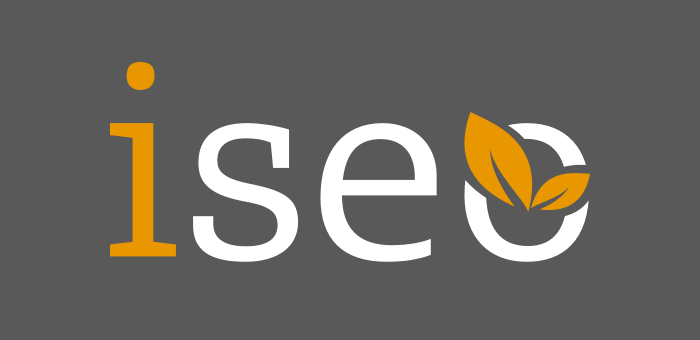Last Updated: 20 June, 2019.
With all the different brands and their packages vying for your hard-earned cash – it's arguably even more difficult nowadays to decide which hosting solution is best for your small business. Especially in the long-term.
Simply put, these are the steps you need to follow to set-up the best web hosting for a small business.
1 Register a suitable domain name for your business – for advice on names see our FAQs below.
2 Find web hosting – space to store your website.
3 Find a Content Management System (CMS) – you'll need one to edit and manage your website.
The same principles apply if you're looking to upgrade your website from a free hosting provider.
Small Business Web Hosting - Our Top 5 Frequently Asked Questions
We've compiled the top five questions we're most frequently asked by clients looking to build a brand new website or those looking to upgrade from a free but basic hosting provider.
1 Should I use Brand or Product Keywords when Registering a Domain Name?
In our opinion, ideally, do both.
Having a domain name with both your brand and product or service in immediately communicates your purpose as a business to potential customers and the name of your brand.
Like so many things in SEO such as producing informative content; having a quick page load speed; being mobile-friendly: what is good for your customers improves your chances of ranking higher for any given keyword.
For example:
robertsons-tool-hire.co.uk
Is slightly more SEO friendly and better than just:
robertsons.co.uk
2 How much web space do i need for my website?
Small businesses really only need up to 5GB or 10GB of web space to begin with. Why?
The average web page is now around 2MB or 2,000KB.
10GB is equal to 10,000MB - so that's 5,000 web pages.
3 Do i really need a CMS?
Yes. Unless you want to start learning html code. A good CMS will not only help you publish pages quickly but also manage every aspect of your website.
You'll need a CMS that's easy to use and one that flexible enough to grow as your business grows.
4 What is SSL Certification (https) and do i need it for my business website?
SSL (Secure Sockets Layer) Certificates are small data files that digitally bind a cryptographic key to an organisation’s details. They allow for secure connections from a web server to a browser. Or from your business website to a customer.
SSL is used to secure credit card transactions, data transfers and logins. So, if you're planning on taking payments online (via your website) now or in the future, yes you'll need one.
If not, it's not 100% necessary despite what some SEO experts say, and, if you're on a very tight budget and just providing information on your products and services and a contact form - you'll be ok without one.
Don't worry you can always upgrade your domain in the future.
That said, if in doubt go for the basic type. Keep reading and you'll find some deals that offer free SSL Certification.
5 Which type of SSL Certification do i need?
There are essentially three types or levels of SSL Certification.
Level 1 - Domain Validated. Low security.
Level 2 - Organisation Validated. Medium security.
Level 3 - Extended Validated. High security.
If you're a new business doing very basic e-commerce then Level 1 or 2 is fine. In Google Chrome - Level 1 looks like this:
All-in-one Webspace, domain name and CMS packages
Yes you can get all three in one package. But is it worthwhile? Well yes, we think so.
While there are a number of Content Management Systems out there we recommend using a hosted WordPress solution, as it's reliable, easy to customise and flexible enough to grow with your business.
There are a number of new customer deals out there from various providers so shop around.
Once you have all three arranged you can now start to plan the structure of your new website in a way that will help you rank quickly and well on Google.
To find out how we can help you get the best hosting deal for your business and then build your new website take a look at our search engine-friendly website builds.
